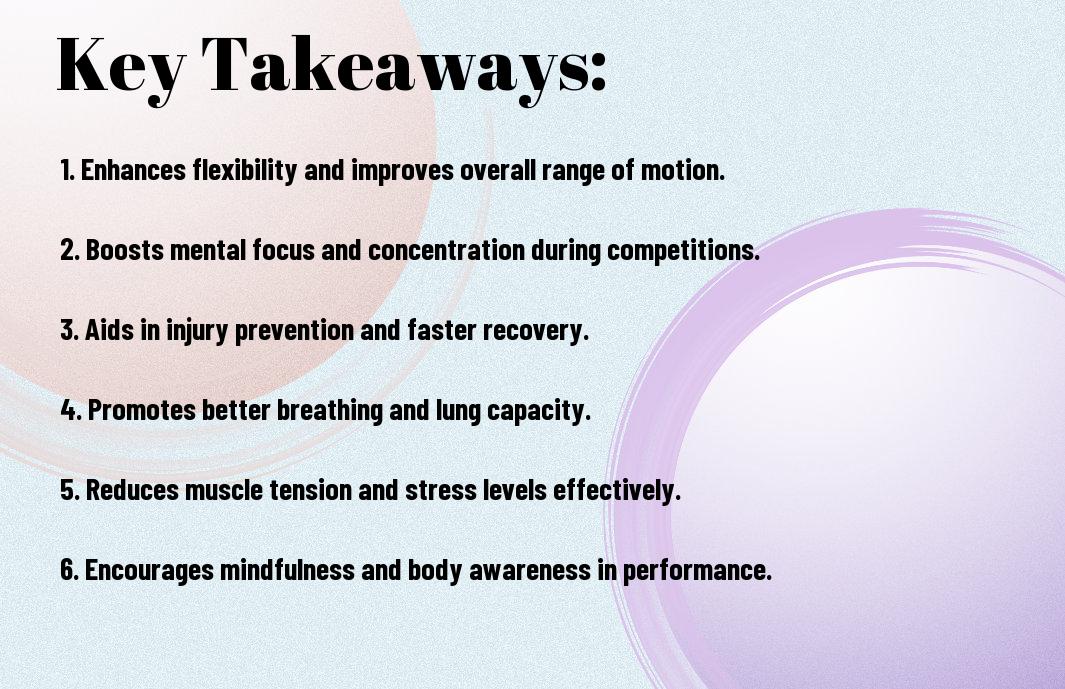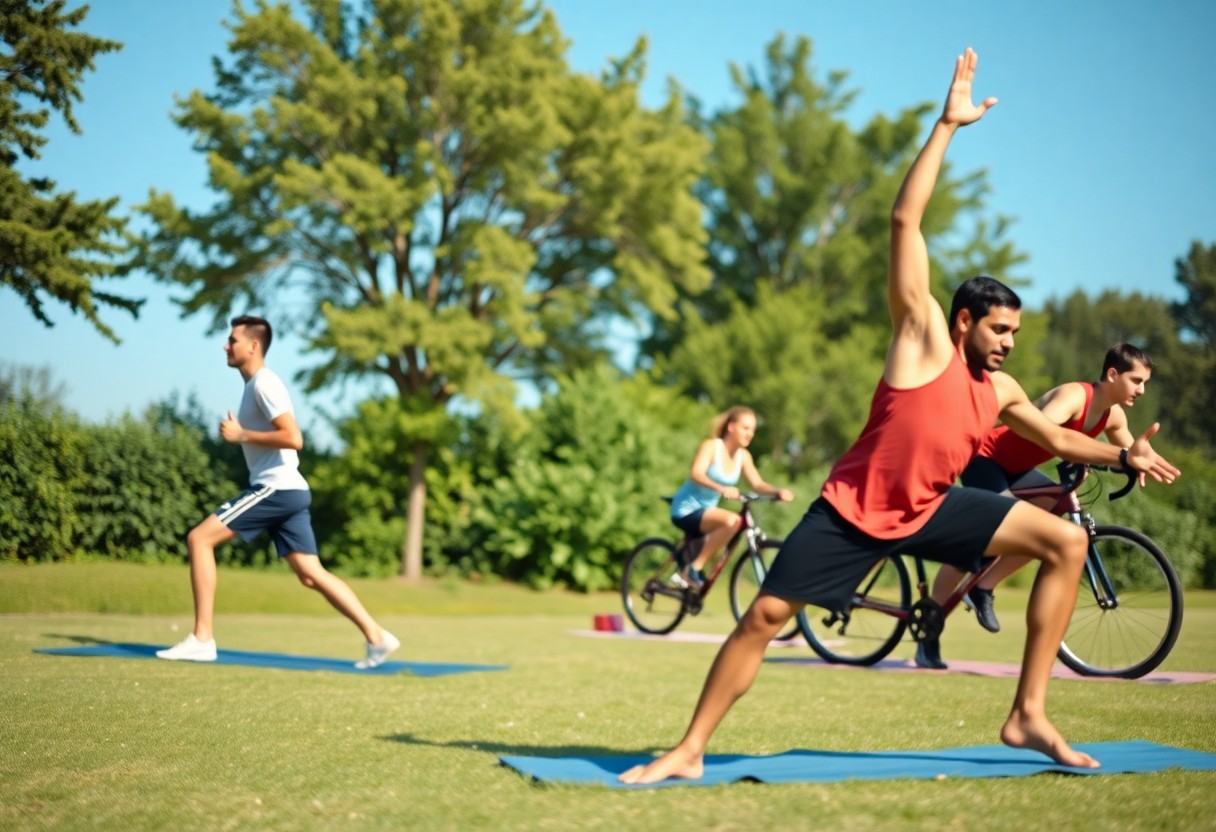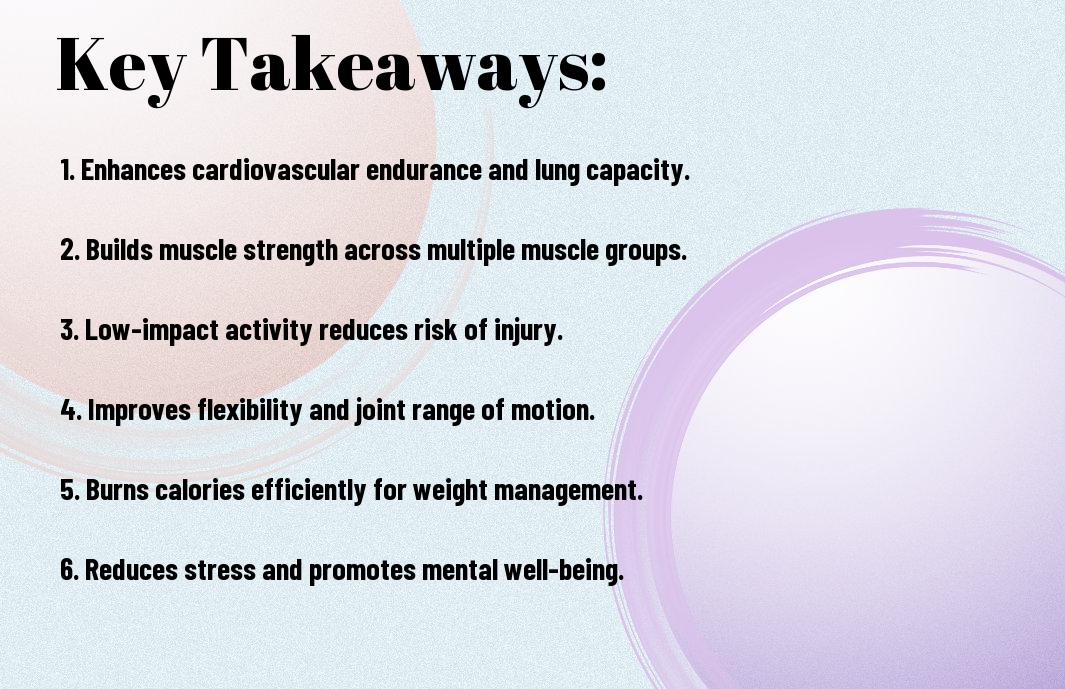Just as every child deserves the chance to play, sports can significantly enhance the lives of children with special needs. Engaging in physical activities not only improves their physical health but also fosters social skills, boosts self-esteem, and provides an opportunity for inclusion. By integrating sports into your child’s routine, you can help cultivate teamwork, resilience, and a sense of belonging, which are invaluable for personal development. In this blog post, we will explore the various advantages that sports offer for your child with special needs.
Key Takeaways:
- Physical Health: Participation in sports improves overall fitness, promoting better cardiovascular health, strength, and coordination for children with special needs.
- Social Skills: Engaging in team sports fosters interaction, cooperation, and communication, helping children build friendships and social connections.
- Confidence Boost: Achieving goals in sports can enhance self-esteem and self-worth, empowering children to take on new challenges both on and off the field.
- Cognitive Development: Sports can enhance focus, discipline, and strategic thinking, supporting cognitive growth and decision-making abilities.
- Emotional Well-being: Engaging in physical activity releases endorphins, which can help reduce anxiety and improve mood, contributing to better emotional health.
Physical Benefits of Sports
Adopted into a structured environment, sports can significantly enhance your child’s physical development. Regular involvement in physical activities helps improve endurance, flexibility, and coordination. This not only aids in maintaining a healthy weight but also supports overall bodily health. Furthermore, participating in sports fosters a sense of routine and discipline, offering a stable framework for your child’s physical growth.
Improved Motor Skills
Besides the immediate enjoyment of playing, being active in sports facilitates improved motor skills. Engaging in diverse movements challenges your child’s coordination and balance, ultimately leading to enhancements in fine and gross motor skills. As your child takes part in team activities and individual sports, they naturally work on hand-eye coordination, strengthening the connection between their brain and body.
Enhanced Physical Fitness
Above all, regular participation in sports increases your child’s physical fitness levels. Engaging in physical activities induces a greater heart rate and encourages lung capacity improvements. Additionally, physical sports enhance muscular strength, agility, and endurance, which contribute to a well-rounded fitness profile and promote a healthy lifestyle. These benefits can yield long-term positive effects on your child’s overall health.
Physical fitness is important not just for the present but also sets the foundation for a healthy future. When your child enjoys sports, they’re not only having fun but also cultivating lifelong habits involving active living. A consistent focus on fitness through sports helps prevent health issues and builds a strong immune system, ensuring your child is better equipped to thrive in everyday life.


Emotional Benefits of Sports
Some children with special needs experience significant emotional growth through sports. Engaging in physical activities provides them with opportunities to connect with peers, cultivate teamwork, and learn valuable life skills. These interactions not only enhance their social skills but also foster a sense of belonging, ultimately contributing to a more positive emotional state.
Boosted Self-Esteem
Below, you will discover how sports can enhance your child’s self-esteem. Participating in sports helps children to achieve personal goals, overcome challenges, and celebrate victories, no matter how small. These accomplishments instill a sense of pride and confidence, leading to an overall improvement in their self-image and willingness to take on new challenges.
Reduced Anxiety and Stress
With regular participation in sports, you may notice that your child exhibits lower levels of anxiety and stress. The physical activity involved in sports releases endorphins, which are natural mood lifters. This not only helps to reduce feelings of tension and worry but also provides an outlet for your child to channel their emotions in a healthy way.
This reduction in anxiety and stress can significantly enhance your child’s daily life. As they engage in sports, they learn coping mechanisms to manage their emotions more effectively. The camaraderie and support from teammates further create a safe environment where your child feels accepted and understood. By sharing challenges and achievements, your child develops resilience and a more optimistic outlook on life, paving the way for improved emotional well-being.
Social Benefits of Sports
Your child can gain significant social benefits from participating in sports, especially when it comes to interacting with peers. Engaging in physical activities not only helps improve communication skills but also fosters a sense of belonging within a community. This opportunity to socialize in a team environment can boost your child’s confidence, making it easier for them to navigate relationships both on and off the field.
Teamwork and Cooperation
Benefits of sports extend beyond physical health; they teach children the value of teamwork and cooperation. Participating in team sports encourages your child to work collaboratively, share responsibilities, and appreciate the strengths of others. These experiences help them understand that success often relies on collective effort, laying a foundation for positive interpersonal skills.
Building Friendships
Above all, sports provide an excellent platform for building friendships that can last a lifetime. Your child will meet peers who share similar interests and challenges, creating an environment of mutual understanding. The shared experiences, whether wins or losses, can break the ice and pave the way for genuine connections.
At sports events, your child is likely to find common ground with teammates, developing friendships based on trust and camaraderie. As they engage in training sessions and games together, they’ll create countless memories that can strengthen their emotional bonds. This social aspect of sports can play a significant role in enhancing your child’s overall sense of belonging and acceptance, both crucial to their emotional development.
Cognitive Benefits of Sports
Once again, engaging in sports offers significant cognitive benefits for children with special needs. Through physical activity and teamwork, children can improve their mental abilities, including focus, attention, and problem-solving skills. These developments contribute to their overall cognitive growth, helping them navigate challenges both on and off the field with greater confidence.
Improved Focus and Attention
Beside the physical benefits, participating in sports enhances your child’s ability to concentrate and maintain focus. The structured environment of sports teaches them to follow rules and engage with peers, all of which can translate into better attention span in other areas of life.
Enhanced Problem-Solving Skills
Improved problem-solving skills are another significant advantage of sports participation. As your child engages in various games and activities, they’re often required to think on their feet and adapt to changing situations, fostering critical thinking abilities.
Indeed, when your child participates in sports, they encounter numerous scenarios that demand quick decision-making and creative solutions. For example, understanding when to pass the ball or strategizing during a timeout cultivates their ability to assess situations effectively. These experiences not only enhance cognitive function in sports but also empower your child to tackle everyday challenges with improved analytical skills.
Types of Sports Suitable for Children with Special Needs
After exploring the importance of sports, you may wonder which types are most suitable for children with special needs. Here are some options:
- Adaptive swimming
- Wheelchair basketball
- Special Olympics events
- Track and field
- Martial arts
Assume that each child’s unique abilities can guide you in selecting the most appropriate sport to enhance physical fitness and social skills.
| Sport | Description |
| Adaptive Swimming | Focuses on water safety and enjoyment |
| Wheelchair Basketball | Promotes teamwork and competitive spirit |
| Special Olympics Events | Inclusive competitions for various abilities |
| Track and Field | Offers individual events for diverse skill levels |
| Martial Arts | Builds discipline and coordination |
Individual Sports
Any sport that allows your child to set personal goals can be beneficial. Individual sports like swimming, cycling, or martial arts enable children to progress at their own pace. These activities focus on personal achievement and can build self-esteem while providing an excellent way to enhance physical fitness. They often offer structured environments that cater to diverse needs.
Team Sports
For children who thrive in social environments, team sports can be an excellent option. These activities not only promote physical health but also foster connections among peers, enhancing communication and cooperation skills. Team sports such as soccer, basketball, or baseball create opportunities for children to learn the importance of working together toward a common goal.
Sports teams can offer an incredible sense of belonging. Through regular practice and competitions, your child engages with teammates in a supportive environment. The camaraderie and shared experiences build friendships that may last well beyond the season. As your child develops skills in a team setting, they’ll gain a sense of accomplishment and belonging that can significantly impact their confidence and social skills.
Inclusive Sports Programs and Resources
All children deserve the opportunity to engage in sports, and inclusive sports programs provide various resources tailored to meet the needs of children with special needs. These programs are designed to create a welcoming environment, promoting equal access to physical activities. They focus on specialized coaching, adaptive equipment, and supportive peer interactions to ensure every child can participate fully, allowing you and your child to experience the joy of sports together.
Community Programs
Among the various resources available, community programs play a significant role in providing inclusive sports opportunities for children with special needs. These local initiatives often offer a variety of activities, including adaptive soccer, basketball, and swimming, ensuring that every child can find a sport they enjoy while fostering social connections with peers.
School Initiatives
At the school level, initiatives focusing on inclusive sports can significantly impact the lives of children with special needs. These programs not only promote physical health but also enhance social skills and build self-confidence among students. They often include tailored physical education classes, participation in mainstream sports teams, and partnerships with local sports organizations to create a diverse athletic experience for all students.
Sports initiatives in schools typically involve training for educators and coaches, ensuring they are equipped to support students with varying abilities. These efforts can include modifying game rules, providing necessary equipment, and offering opportunities for integration within traditional sports teams. By fostering an inclusive atmosphere, you help your child build friendships, develop teamwork skills, and discover a passion for physical activity, ultimately contributing to their overall well-being.
Conclusion
From above, it is evident that engaging your child with special needs in sports offers numerous benefits that extend beyond physical health. By participating in sports, your child can improve social skills, enhance self-esteem, and develop necessary life skills such as teamwork and perseverance. These activities create an inclusive environment where your child can explore their potential, make friends, and gain confidence. Thus, introducing sports into your child’s routine can significantly enrich their overall development and well-being.
Q: How do sports help improve social skills in children with special needs?
A: Participating in sports provides children with special needs opportunities to interact with their peers in a structured environment. It encourages teamwork, communication, and cooperation, which are imperative social skills. Through team activities, children learn to work together towards common goals, build friendships, and develop a sense of belonging, which can enhance their confidence in social settings outside of sports.
Q: What are the physical benefits of sports for children with special needs?
A: Engaging in sports helps improve various physical abilities, including strength, coordination, balance, and flexibility. Regular physical activity contributes to better overall health, supporting cardiovascular fitness, muscle tone, and weight management. These physical improvements can lead to increased independence in daily activities and boost energy levels, enabling children to participate more actively in both sports and other aspects of life.
Q: How can sports help with emotional well-being for children with special needs?
A: Sports provide a channel for children to express themselves, offering emotional and psychological benefits. Participation can lead to increased self-esteem and a sense of achievement, especially when they reach personal or team goals. Additionally, being part of a team can provide emotional support, reducing feelings of isolation or anxiety. Engaging in physical activity is also associated with improved mood and reduced stress levels, contributing to overall emotional well-being.







